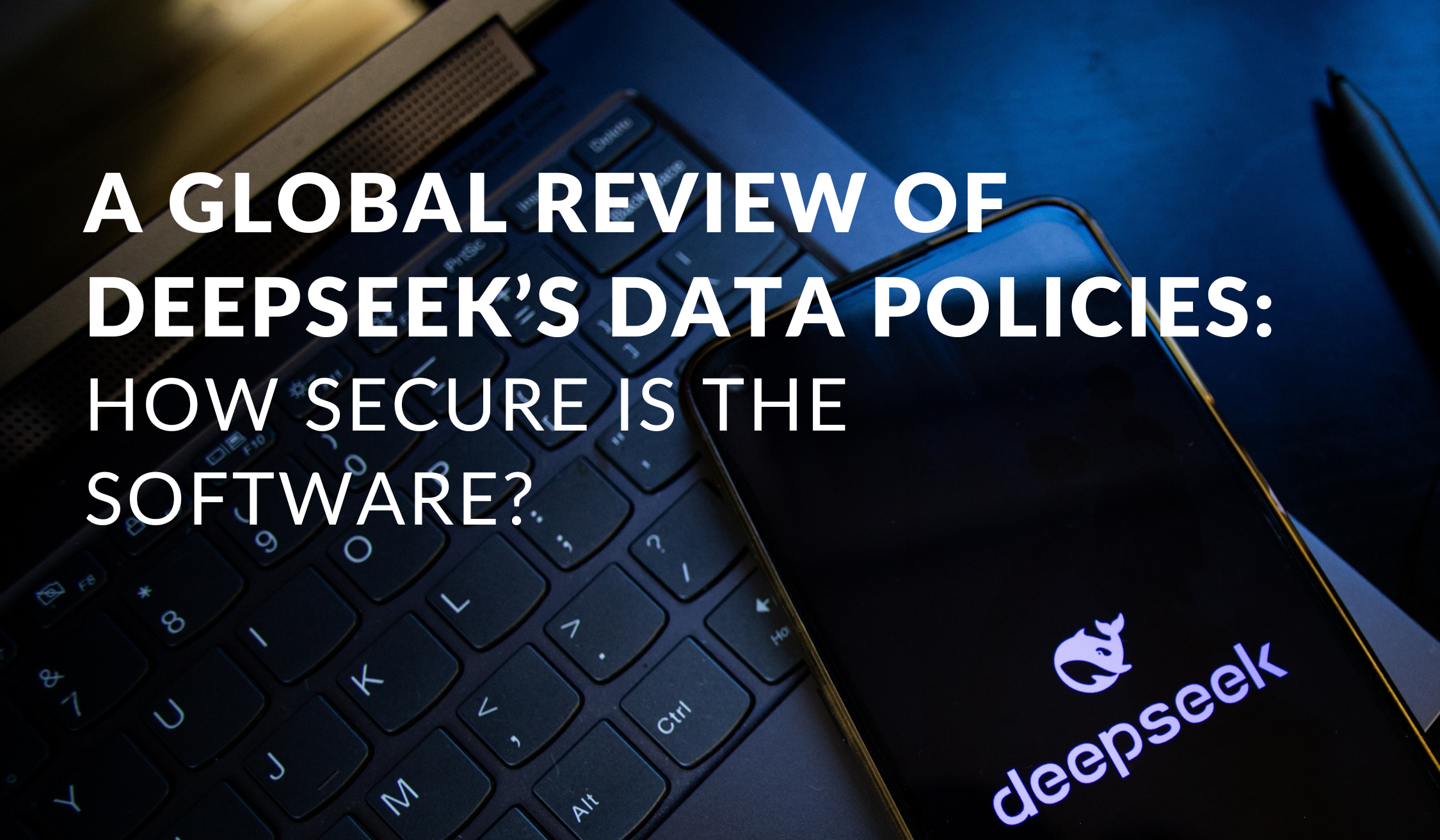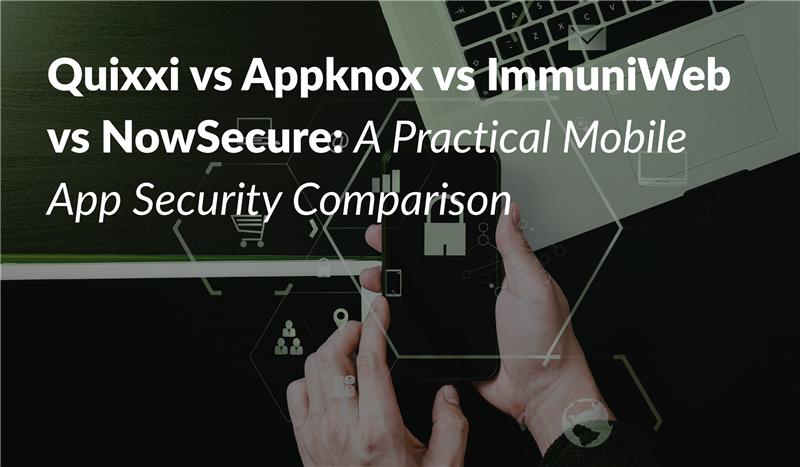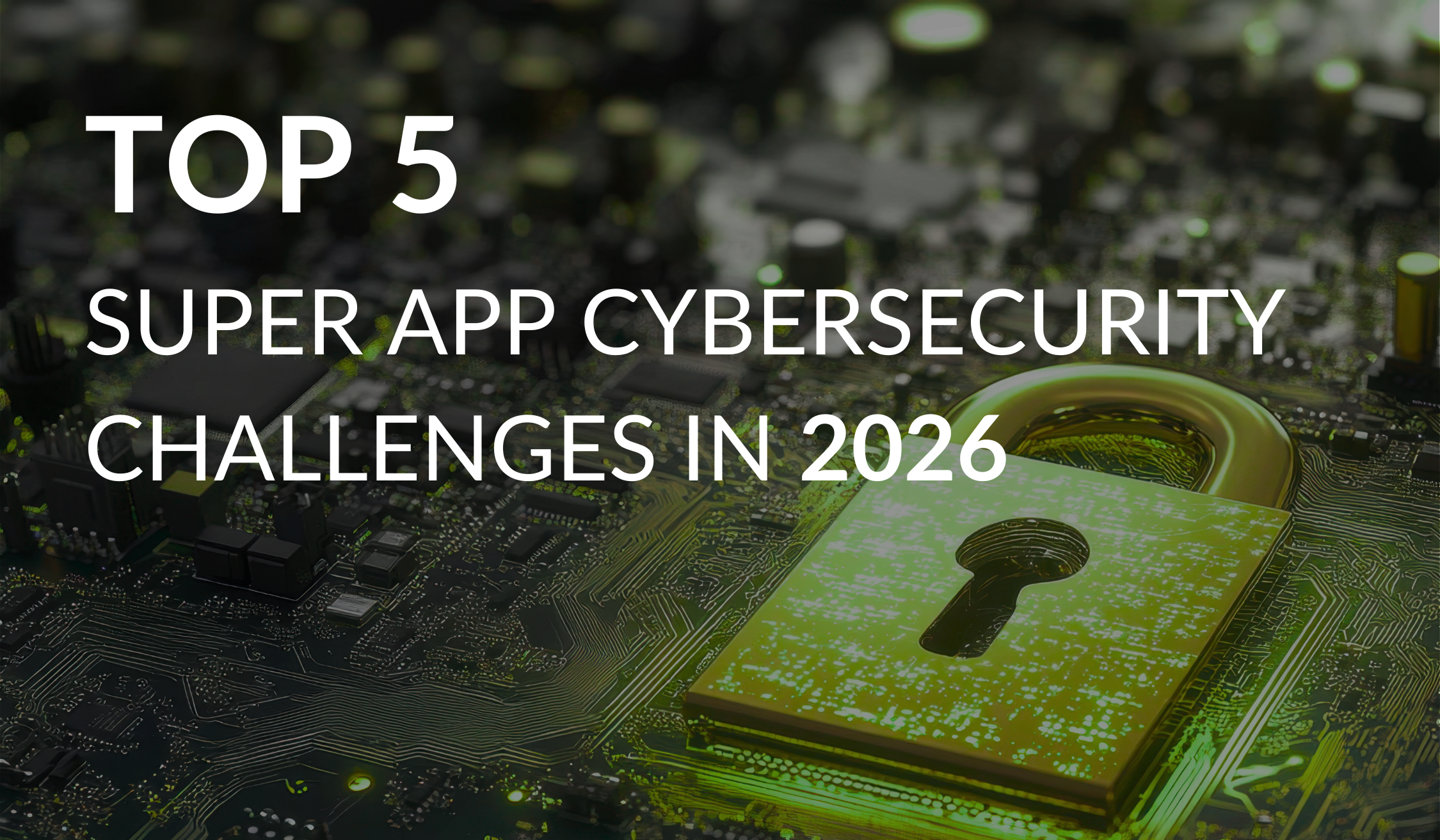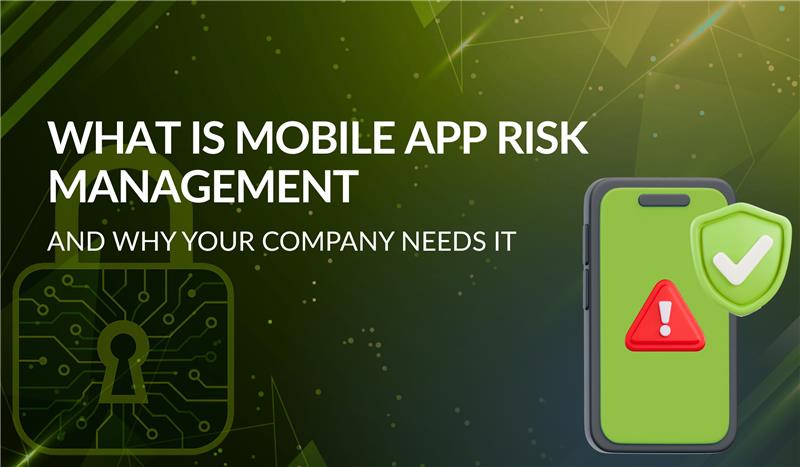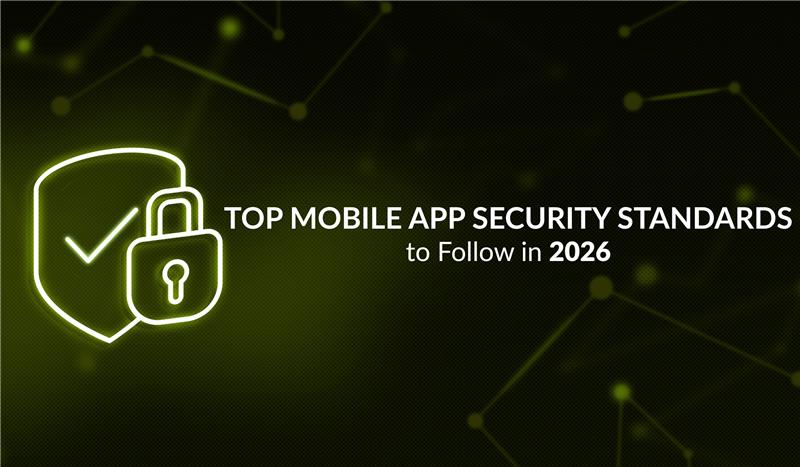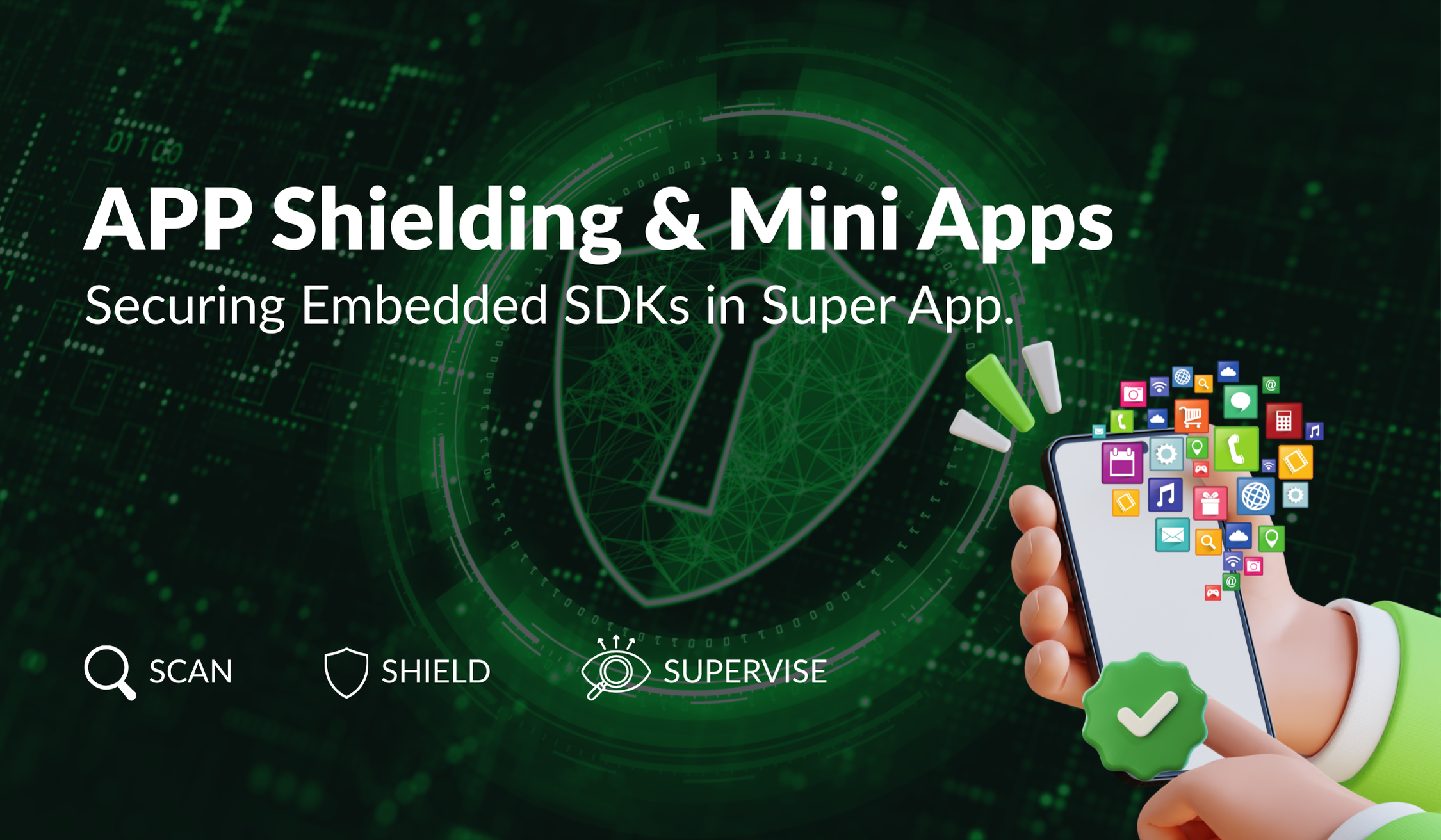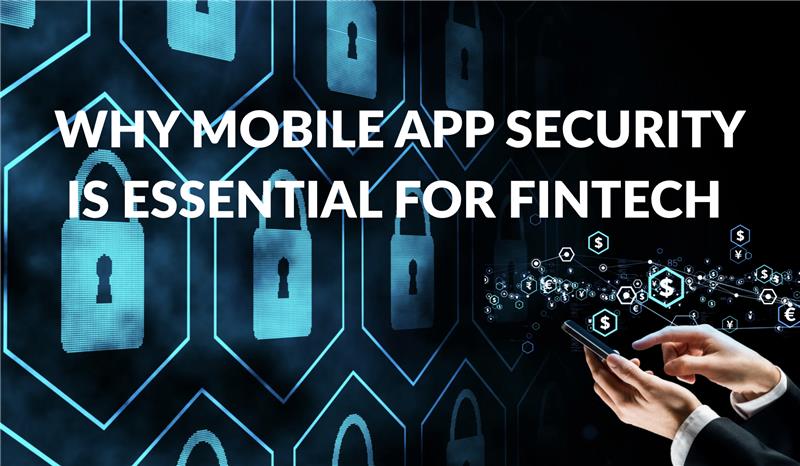As digital platforms get smarter, officials around the world are looking more closely at how businesses handle user data. DeepSeek is one of the tech giants being looked at. It is an AI-powered platform known for its advanced data processing skills. DeepSeek revolutionises data processing by transforming complex datasets into actionable insights.
Founded by Liang Wenfeng in China, DeepSeek continues to move forward in major steps related to AI-driven data solutions.
These investigations are focused on whether DeepSeek is safe or not to use.
What is DeepSeek?
DeepSeek analyses data by using AI to produce insights with applications in anything. Its collect and interpret data, enables users to make data-driven decisions more quickly. DeepSeek is an AI game-changing innovation that changes complex data into actionable strategies, enabling businesses to make wiser and quicker decisions.
Great power, however, comes with great responsibility, and the international regulators have concerns about the collection, storing, and usage of user data, which is the same material that DeepSeek is powered with.
The Regulatory Response
Italian regulators pulled the app from both Google and Apple app stores as it investigates the company’s practices around the collection and storage of data.
The French and Irish authorities started probes into whether the AI Chatbot poses a privacy risk.
The House’s Chief Administrative Officer in the U.S. recently encouraging all members of Congress and their staff to not using the app. Two U.S. Representatives have also recently asked Trump administration to boost existing restrictions on the sale of semiconductor chips to China to “outcompete” regarding developing AI and to “protect Americans’ data”.
Yet there are no public reports of Chinese officials using DeepSeek to get personal data on U.S. citizens. As with the TikTok controversy, the concerns about China are entirely theoretical: the mere possibility of Beijing misusing American data is apparently enough to make people anxiety.
Moreover, DeepSeek is open source, meaning that anybody can access the software code behind the chatbot. Third-party developers can build applications and services on top of the core programming. But American privacy experts remain uncertain about what happens to the data once it resides on Chinese computers, where DeepSeek would be required to turn it over if the government requested it under national security rules.
Is DeepSeek Safe?
Technically, DeepSeek follows serious security practices by deploying state-of-the-art encryption techniques and routine audits to find vulnerabilities. The platform insists that user security and privacy are at the top of its priorities regarding data management. Compliance with global data protection regulations (e.g., GDPR, CCPA), regular third-party audits, and certifications such as ISO 27001 to demonstrate its commitment to security.
However, privacy advocates argue that there are risks involved in the vast amount of data collected and the potential for AI to pick up personal patterns. The ever-changing nature of AI begs one to question how adequately current laws can keep pace with new developments, even when business operates within the legal framework.
Quixxi: A Focus on Privacy-First Solutions
DeepSeek’s data policies raise security concerns, highlighting the need for robust app protection. Quixxi’s security solutions, including SAST, DAST, RASP, and threat monitoring, help developers safeguard applications, ensuring data privacy and protection against breaches in an increasingly vulnerable digital landscape.
As AI-driven platforms process vast sensitive data, Quixxi’s threat monitoring ensures real-time protection, risk mitigation, and compliance. Its security tools proactively prevent breaches, safeguard user data, and streng then regulatory adherence. In today’s evolving cyber landscape, platforms like DeepSeek must integrate robust application security, making Quixxi essential for reinforcing security policies and ensuring software resilience, privacy, and trust in a digital world.
Looking Ahead
DeepSeek, however, does put into context a broader, more global perspective on AI in everyday. As technologies continue to emerge, regulators are going to be required to similarly evolve with top priorities on data privacy and security.
The world will be watching these investigations to see how this case sets the future for privacy, and AI.
